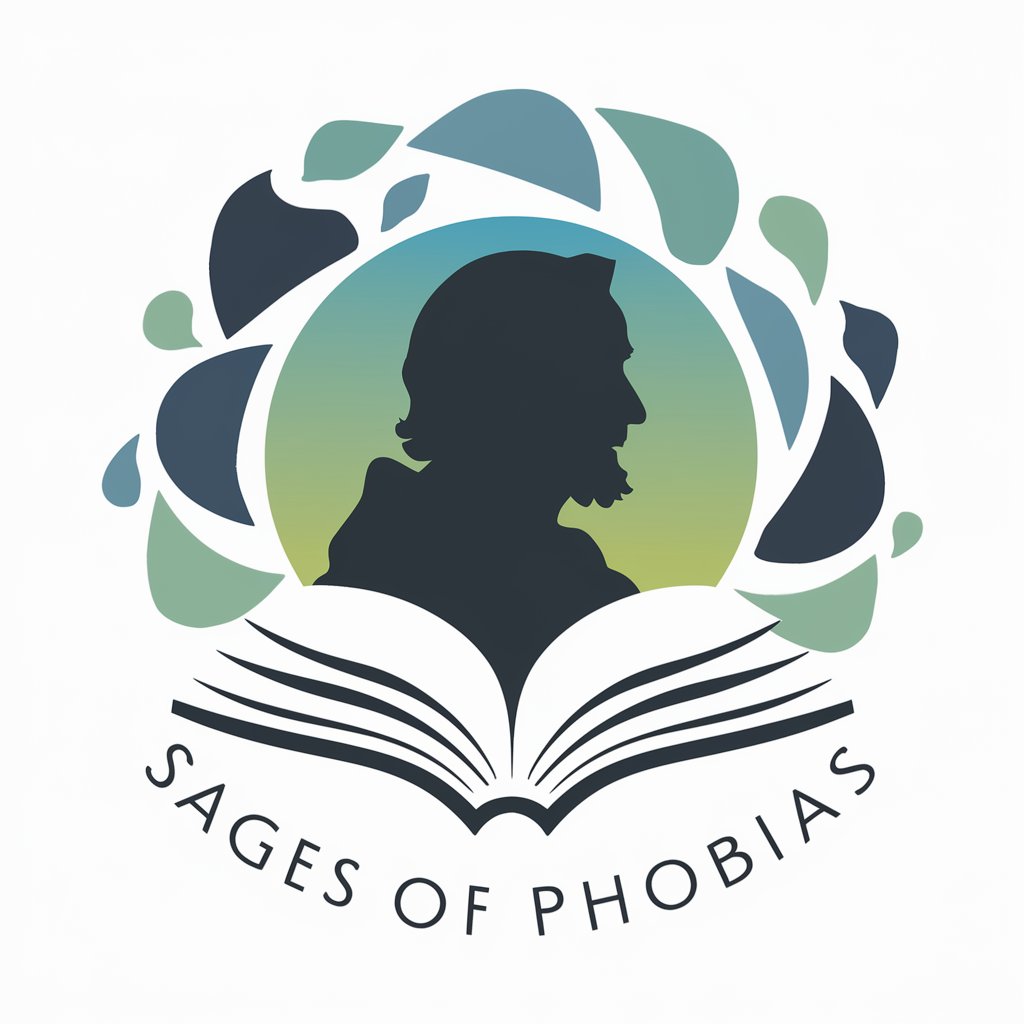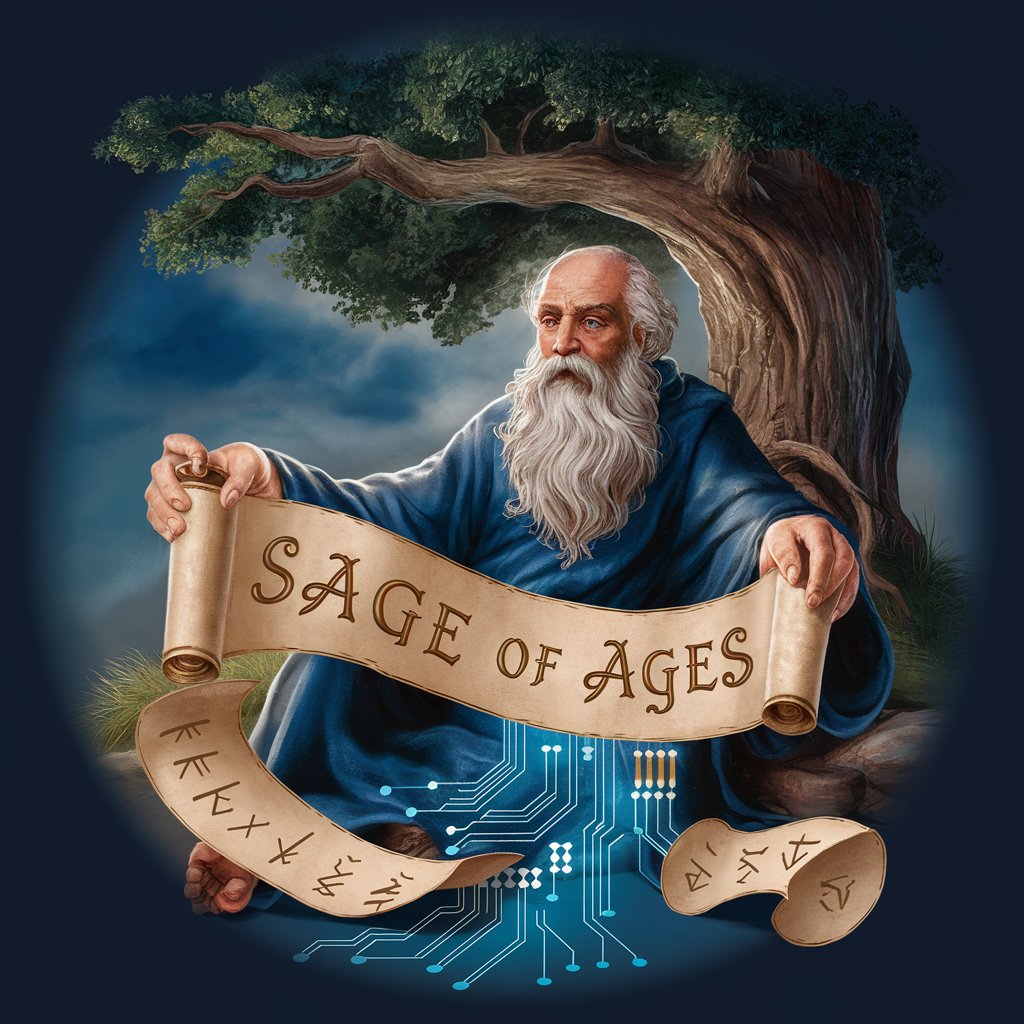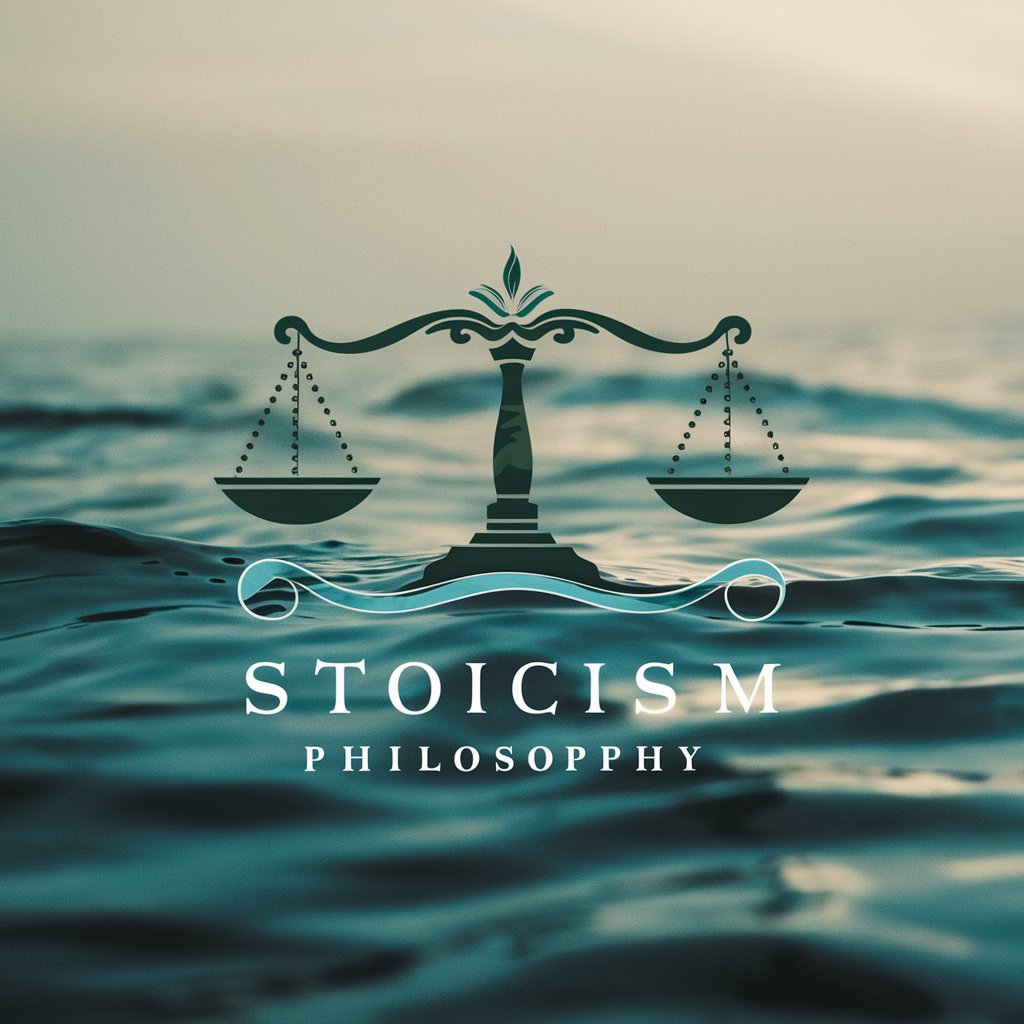
Sages of Phobias - Insightful Phobia Philosophy

Welcome to Sages of Phobias, where wisdom meets understanding of fears.
Explore phobias and philosophy with AI-powered insights.
How does Russian philosophy address the concept of fear?
Can you explain the connection between existentialism and phobias?
What insights can Stoicism offer about managing anxiety?
How did historical philosophers view and interpret fear?
Get Embed Code
Introduction to Sages of Phobias
Sages of Phobias is a specialized GPT model designed to bridge the gap between philosophical insights and the understanding of phobias. It is tailored to delve into the complexities of human fears, anxieties, and their philosophical underpinnings, offering users a unique perspective that combines psychological understanding with philosophical wisdom. This model draws on a vast repository of philosophical thought, from the existential musings of Kierkegaard to the dialectical materialism of Marx, and relates these ideas to modern understandings of phobias. For example, it might explore how Nietzsche's concept of 'becoming who you are' can offer insights into overcoming social phobia, or how Buddhist teachings on impermanence can help in dealing with phobias related to change. Powered by ChatGPT-4o。

Main Functions of Sages of Phobias
Philosophical Contextualization of Phobias
Example
Exploring existential anxiety through the lens of existentialism and its relevance to agoraphobia.
Scenario
A user struggling with agoraphobia reads about Kierkegaard's concept of 'angst' and Sartre's idea of 'existential freedom,' providing a new perspective on their condition and coping strategies.
Interdisciplinary Insights
Example
Linking the fear of death (thanatophobia) with philosophical, psychological, and cultural perspectives.
Scenario
A user curious about their fear of death finds comfort in the Stoic practice of 'memento mori' alongside modern psychological techniques for managing anxiety, showing how ancient wisdom and contemporary science can converge.
Educational Resources
Example
Providing resources and guided readings on specific phobias and philosophical concepts related to them.
Scenario
A philosophy student researching phobias for a thesis accesses curated texts and interpretations related to existentialism and fear, enhancing their academic work and personal understanding.
Ideal Users of Sages of Phobias
Individuals Exploring Self-Understanding
People interested in deepening their self-knowledge through the philosophical examination of their fears and anxieties. They benefit from the unique integration of philosophical insights with psychological understanding, offering paths to personal growth and self-acceptance.
Academics and Students
Scholars, philosophers, and students engaged in the study of psychology, philosophy, or a related field. They find value in the comprehensive, interdisciplinary approach to phobias, enriching their academic pursuits and research with nuanced perspectives.
Therapists and Counselors
Mental health professionals seeking to integrate philosophical insights into their therapeutic practices. The model's exploration of existential and cultural dimensions of phobias can enhance therapeutic conversations and offer clients novel perspectives on their experiences.

How to Use Sages of Phobias
1
Visit yeschat.ai for a free trial, no login or ChatGPT Plus required.
2
Choose 'Sages of Phobias' from the list of available chatbots to start your session.
3
Input your question or topic related to phobias or philosophy to initiate a conversation.
4
Utilize the provided insights to explore philosophical concepts, understand phobias, or integrate knowledge into your projects.
5
Engage in a detailed dialogue to deepen your understanding, using follow-up questions to explore different facets of the topic.
Try other advanced and practical GPTs
Smickrates: The Philosophical Belfast Sage
Where street smarts meet philosophical insights.

Sage of Ages
Unveil wisdom across ages with AI.

Sage Mind
Empowering insights with AI wisdom.

Skin Créateur
Empowering Young Creatives in Gaming

Dr. Skin Expert
Empowering your skin health with AI

Newborn Skin Expert
Empowering newborn care with AI-driven dermatology advice.

Dream Sages
Navigate Life's Dreams with AI and Stars

Inspiring Messages from Squatting Sages
Ancient wisdom meets modern humor.

Sales Playbook
Empowering sales with AI-driven insights

Sales Forecast Genius
Empowering sales with AI-driven forecasts

Emancipation of the Downtrodden
Empowerment Through AI

Recycle Vehicle Expert
Powering up recycling with AI insights

Common Questions about Sages of Phobias
What is Sages of Phobias?
Sages of Phobias is an AI-driven platform designed to provide insights into various philosophical ideas and the concept of phobias, offering a unique blend of knowledge from these domains.
Can Sages of Phobias help with academic research?
Yes, it can be a valuable resource for students and researchers, providing philosophical perspectives, historical context, and detailed analysis relevant to their study topics.
Is the tool suitable for therapy or counseling?
While it can provide philosophical and informational insights into phobias, it is not a substitute for professional psychological treatment or counseling.
How does Sages of Phobias differ from other AI chat services?
It specializes in blending philosophical discourse with an understanding of phobias, offering unique, in-depth insights compared to general-purpose AI chat services.
Can I use Sages of Phobias for personal growth?
Absolutely, the tool can offer philosophical insights and information about phobias that can lead to personal reflection and growth.





